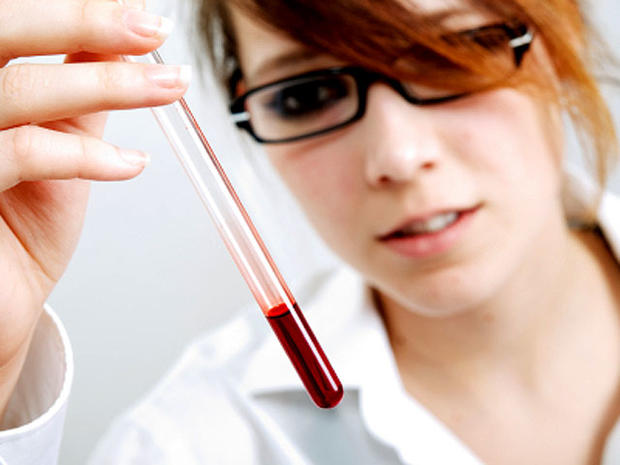What's worse than bad cholesterol? Meet ultra-bad cholesterol
(CBS) What's worse than bad cholesterol?
Researchers say they have discovered "ultra-bad" cholesterol in some patients and the discovery can be a game changer for treating heart disease.
Ultra-bad cholesterol is stickier than normal bad cholesterol - known as LDL - meaning it's more likely to attach to arterial walls. This is more dangerous because when LDL attaches to artery walls it forms fatty plaques that cause coronary heart disease (CHD). As fatty plaques grow, they narrow the arteries and reduce blood flow and also may trigger a stroke or heart attack.
CHD is the most common type of heart disease and kills almost 450,000 Americans each year. Should we be worried?
If you are elderly or have type 2 diabetes, then yes. Those patients were more likely to have ultra-bad cholesterol.
"This study shows how the make-up and the shape of a type of LDL cholesterol found in diabetics could make it more harmful than other types of LDL," Dr Shannon Amoils, research adviser at the British Heart Foundation, said in a written statement. "The findings provide one possible explanation for the increased risk of coronary heart disease in people with diabetes."
But the study may give scientists insight on how the type 2 diabetes drug metformin also fights heart disease. Scientists are hopeful the findings can lead to even better treatments down the road.
"The next challenge is to tackle this more dangerous type of cholesterol with treatments that could help neutralize its harmful effects on patients' arteries," lead author Dr. Naila Rabbani, associate professor of experimental systems biology at Warwick Medical School, said in the statement.
The research was published in the May 26 issue of Diabetes.

